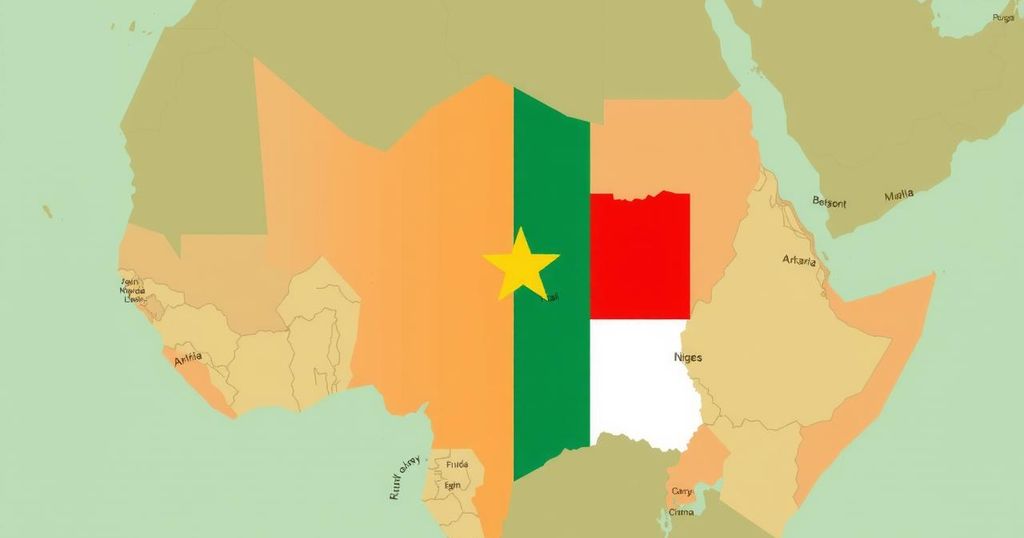A Kenyan court has allowed a lawsuit against Meta regarding its alleged role in inciting violence during the Ethiopian Tigray conflict. The plaintiffs argue that Facebook’s algorithms facilitated hate speech, leading to violence. Meta denies the claims but faces increasing calls for accountability for social media platforms. The case could set a legal precedent for content moderation worldwide.
A Kenyan court has permitted a significant lawsuit against Meta, the parent company of Facebook, concerning its alleged role in instigating ethnic violence during the Tigray conflict in Ethiopia. The ruling highlights increasing accountability for technology companies regarding the content disseminated via their platforms. Plaintiffs, including two Ethiopian nationals and the Katiba Institute, assert that Facebook’s algorithms exacerbated the situation by promoting hate speech and violent content between 2020 and 2022.
One plaintiff, Abrham Meareg, reported personal losses due to the conflict, including the murder of his father, Professor Meareg Amare, whose personal information was shared on Facebook accompanied by threats. Another plaintiff, Fisseha Tekle, faced considerable hostility for his reporting on the unrest, as he was targeted with online hate. Both individuals seek a restitution fund of $2.4 billion for the victims, alongside reforms to Facebook’s algorithms to combat the spread of hate speech.
Meta has firmly denied the allegations, asserting that they have made substantial investments in safety measures and moderation practices. The company claims that local jurisdictions lack the authority to hear cases against it unless it is formally registered there. Nonetheless, this court ruling underscores a mounting demand for accountability from tech giants and emphasizes their ethical duty in curbing harmful content.
Mandi Mudarikwa from Amnesty International stated, “This ruling offers hope that marginalized groups can access justice no matter where they are in the world. The idea of looking at countries outside the US and Europe as mere markets where profits can be made in the absence of accountability must be challenged.”
In summary, the ruling by the Kenyan court allows a historic lawsuit against Meta, advancing the discussion of accountability for social media companies in conflict scenarios. The plaintiffs’ claims reflect deep societal concerns about the implications of hate speech and content moderation practices. As the legal battle unfolds, it may set a precedent for how technology firms address their responsibilities in the digital information ecosystem, particularly in volatile regions.
Original Source: northafricapost.com




